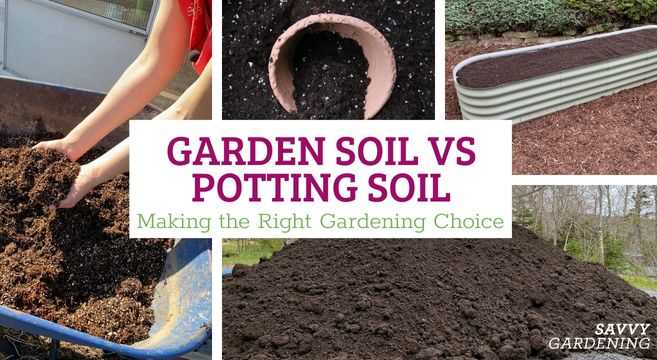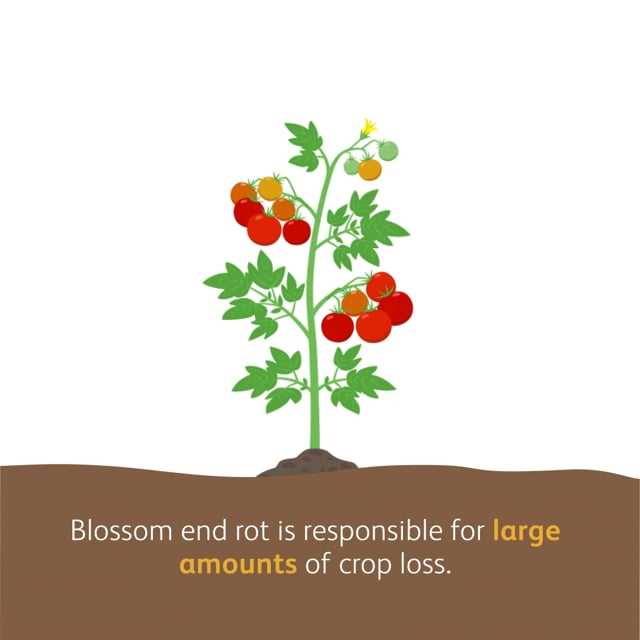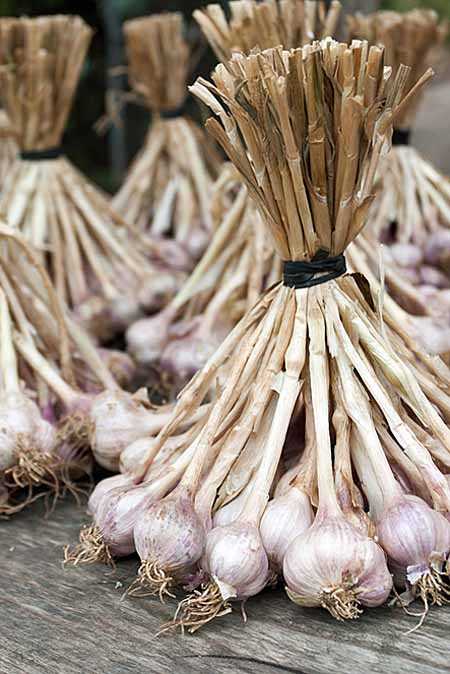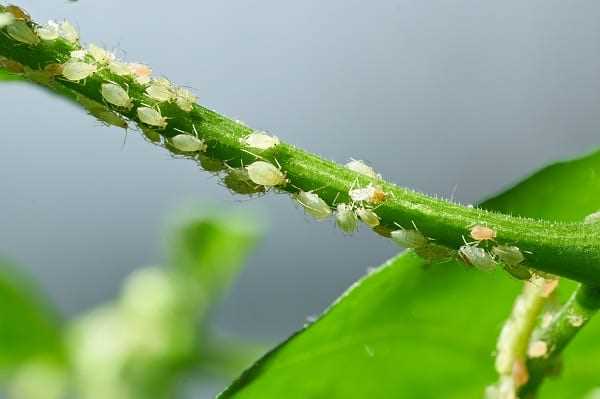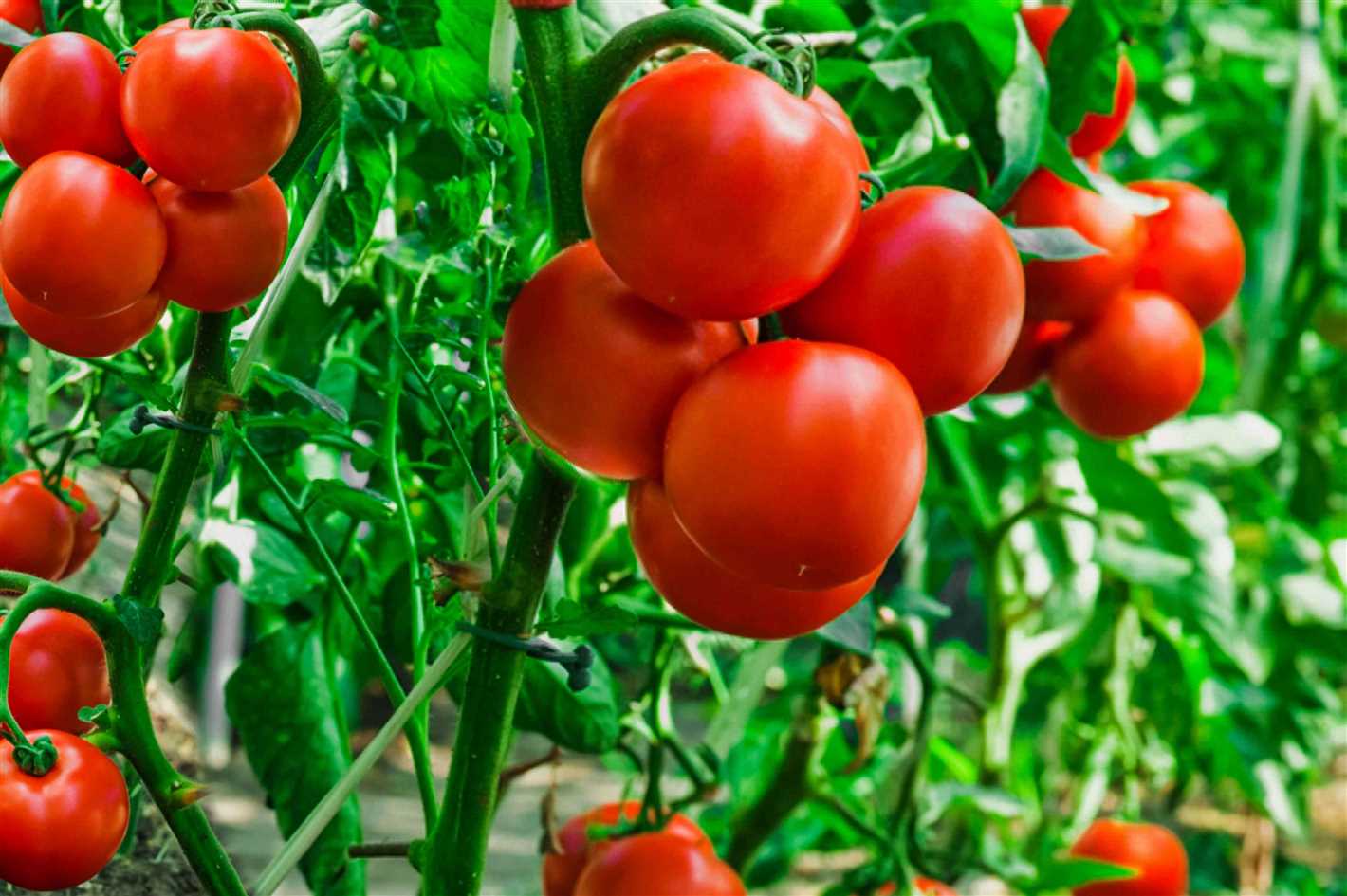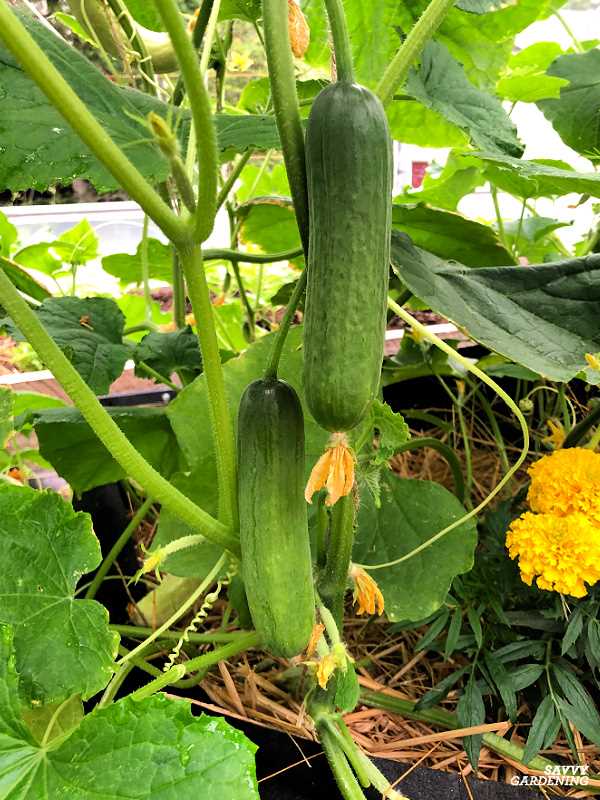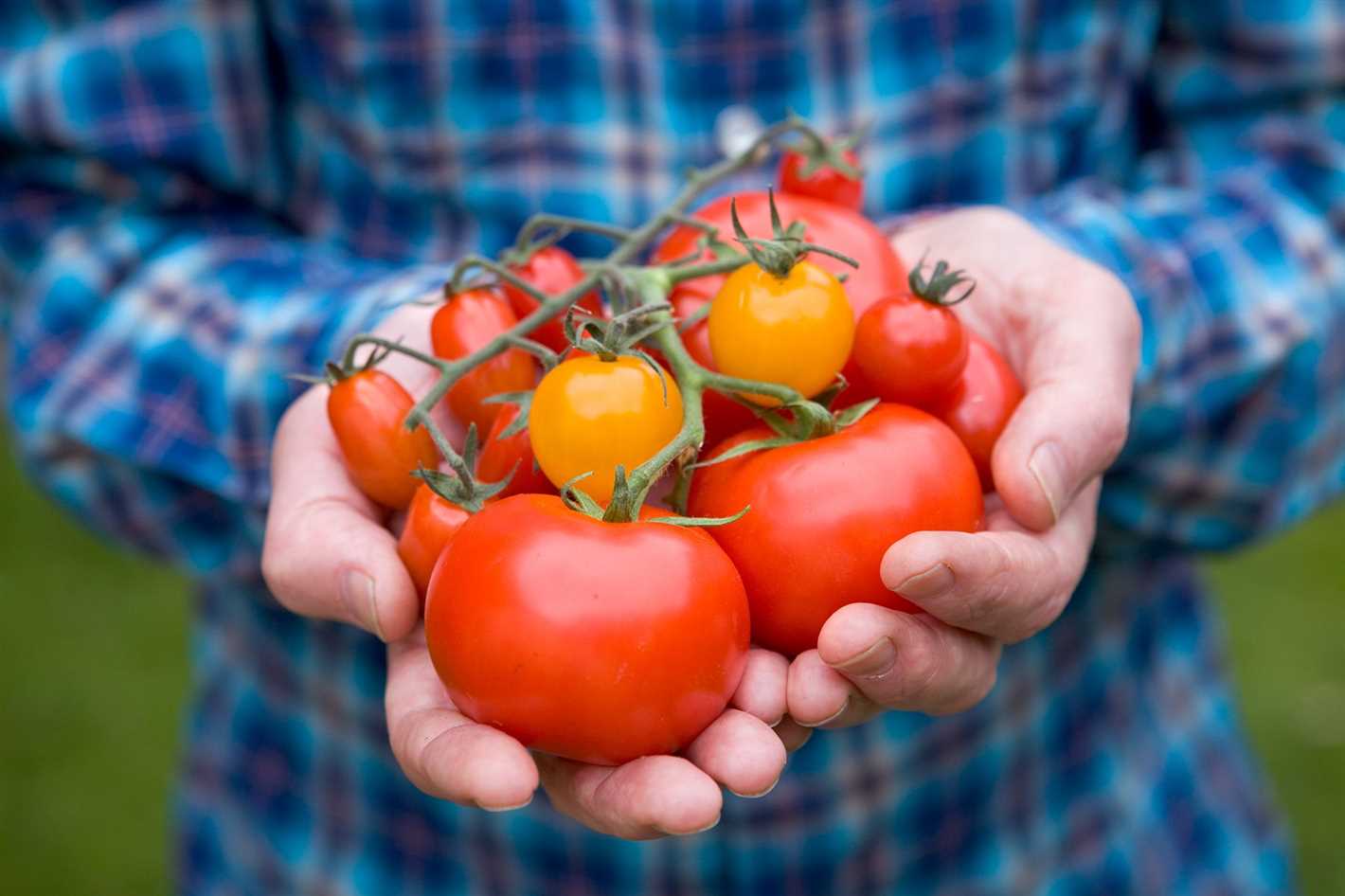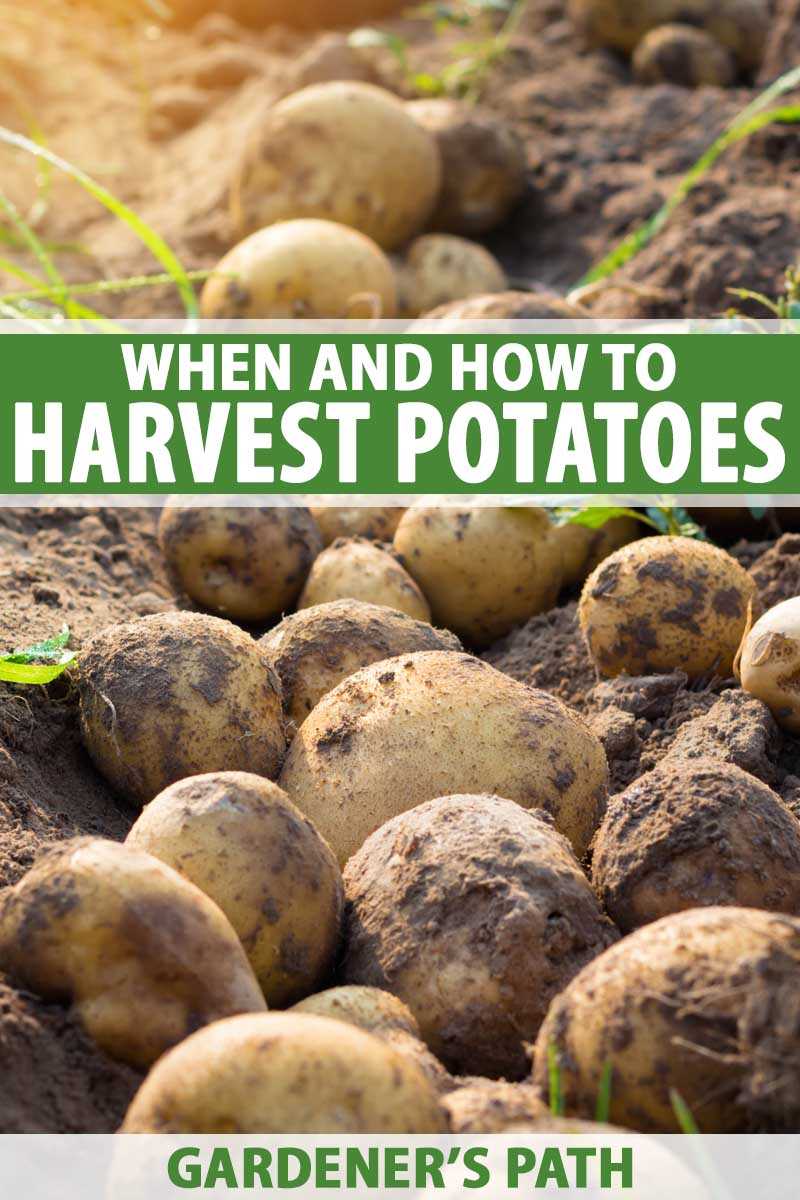- The Benefits of Using Wood Ash and Boric Acid
- The Importance of Fertilization
- Boosting Soil pH with Wood Ash
- What is wood ash?
- How to use wood ash to boost soil pH?
- Precautions when using wood ash
- Conclusion
- Promoting Plant Growth with Boric Acid
- 1. Supplying Essential Nutrients
- 2. Boosting Nutrient Absorption
- 3. Preventing Nutrient Deficiencies
- 4. Enhancing Flowering and Fruit Set
- 5. Controlling Fungal Diseases
- 6. Improving Overall Plant Health
- Combining Wood Ash and Boric Acid for Maximum Results
- Understanding the Benefits of Wood Ash
- Exploring the Benefits of Boric Acid
- The Synergistic Effect of Wood Ash and Boric Acid
- Tips for Applying Wood Ash and Boric Acid
- Application Techniques for Wood Ash and Boric Acid
- 1. Wood Ash Application
- 2. Boric Acid Application
- Precautions
- “Question-Answer”
- What are some advantages of using wood ash as a fertilizer?
- How do you apply wood ash to the soil?
- Can wood ash be used as a fertilizer for all types of vegetables?
- What is the role of boric acid in this fertilizer?
- Can the use of wood ash and boric acid as a fertilizer harm the soil or plants?
- Are there any alternative natural fertilizers that can boost vegetable yields?
- “Video” Boost Soil Fertility With Wood Ash – Late Winter/Early Spring Application Exact Ratios – The PH Myth
Are you looking for a natural and effective way to increase the yields of your vegetable garden? Look no further, as we have the ultimate fertilizer solution for you. By combining wood ash and boric acid, you can significantly enhance the growth and productivity of your vegetables.
Wood ash is a byproduct of burning wood, and it is rich in essential minerals such as potassium and phosphorus. These nutrients are vital for plant growth and development, as they play a crucial role in processes like photosynthesis and root development. By adding wood ash to your soil, you can replenish these nutrients and provide the necessary elements for your plants to thrive.
Boric acid, on the other hand, is a natural compound that acts as a micronutrient for plants. It helps in the absorption and transport of nutrients, which in turn improves the overall health and vigor of your vegetables. Additionally, boric acid aids in pest control by making the plants more resistant to diseases and pests.
By combining wood ash and boric acid, you can create the ultimate fertilizer that promotes healthy plant growth, increases crop yields, and improves the overall quality of your vegetables.
It is important to note that the effectiveness of this fertilizer may vary depending on the soil composition and the specific needs of your plants. Therefore, it is recommended to conduct a soil test to determine the appropriate dosage of wood ash and boric acid for your garden. So, why wait? Try this natural and powerful fertilizer today and witness the incredible results in your vegetable harvest!
The Benefits of Using Wood Ash and Boric Acid
Wood ash and boric acid are both natural substances that can have significant benefits for boosting vegetable yields when used as fertilizers. Here are some of the key benefits of using these ingredients:
- Rich in Nutrients: Wood ash is a valuable source of nutrients such as potassium, calcium, and magnesium. These nutrients are essential for healthy plant growth and can greatly enhance the fertility of the soil.
- Alkalizing Effect: Wood ash has an alkalizing effect on the soil, which can be beneficial for plants that prefer a more neutral or alkaline pH level. This can help optimize nutrient availability and improve overall plant health.
- Enhances Soil Structure: Wood ash contains calcium carbonate, which can help improve soil structure. It reduces the compaction of heavy clay soils and improves drainage in soils that are too dense.
- Pest and Disease Control: Boric acid has been found to have pesticidal properties and can help control common garden pests such as aphids, mites, and fungal diseases. Its use can contribute to healthier plants and higher yields.
- Boric Acid as a Micronutrient: Boric acid is also a micronutrient that is necessary for the growth and development of plants. It plays a crucial role in cell wall synthesis, carbohydrate metabolism, and pollen development.
- Safe and Eco-Friendly: Wood ash and boric acid are both natural and environmentally friendly alternatives to synthetic fertilizers. They do not contain harmful chemicals that can harm plants or contribute to soil contamination. Using these ingredients promotes sustainable gardening practices.
In conclusion, incorporating wood ash and boric acid into your garden can provide numerous benefits for improving vegetable yields. They offer essential nutrients, help optimize soil conditions, control pests and diseases, and are safe for the environment. Start using these natural fertilizers and see the positive impact on your garden’s productivity.
The Importance of Fertilization
Proper fertilization is essential for successful gardening and high crop yields. Fertilizers provide essential nutrients that plants need to grow and thrive. These nutrients include nitrogen, phosphorus, and potassium, as well as trace elements like boron, zinc, and magnesium.
Nitrogen is necessary for plant growth and helps to promote strong stems, lush foliage, and vigorous growth. It is responsible for the green color in plants and is needed in larger quantities than any other nutrient.
Phosphorus is vital for root development, flowering, and fruiting. It is essential for the transfer and storage of energy in the plant, making it crucial for overall plant health and productivity.
Potassium, also known as potash, is necessary for the overall health and vitality of plants. It plays a vital role in promoting strong root growth, disease resistance, and improved water efficiency.
Trace elements such as boron, zinc, and magnesium are needed in smaller quantities but are just as important for plant growth. These elements help activate enzymes that are responsible for various metabolic processes in plants.
Without proper fertilization, plants may suffer from nutrient deficiencies, resulting in stunted growth, yellowing leaves, and poor fruit or vegetable production. In severe cases, plants may die.
Organic fertilizers like wood ash and boric acid can be used to improve soil fertility and enhance vegetable yields. Wood ash is a good source of potassium and trace elements, while boric acid provides boron, which is essential for fruit and seed development.
When using fertilizers, it is important to follow the instructions and apply them at the correct timing and rates. Overapplication of fertilizers can lead to nutrient imbalances or environmental pollution, while underapplication can result in nutrient deficiencies.
Soil testing is a useful tool for determining the nutrient content of the soil and identifying any deficiencies or excesses. By knowing the nutrient levels in the soil, gardeners can tailor their fertilization practices to meet the specific needs of their plants.
In conclusion, proper fertilization is crucial for ensuring healthy plant growth, high crop yields, and overall garden success. By providing plants with the necessary nutrients, gardeners can promote strong root development, vigorous growth, and improved resistance to pests and diseases.
Boosting Soil pH with Wood Ash
In gardening, maintaining proper soil pH is crucial for healthy plant growth. Soil that is too acidic or alkaline can cause nutrient deficiencies and inhibit plants from taking up essential minerals. One natural way to adjust soil pH is by using wood ash.
What is wood ash?
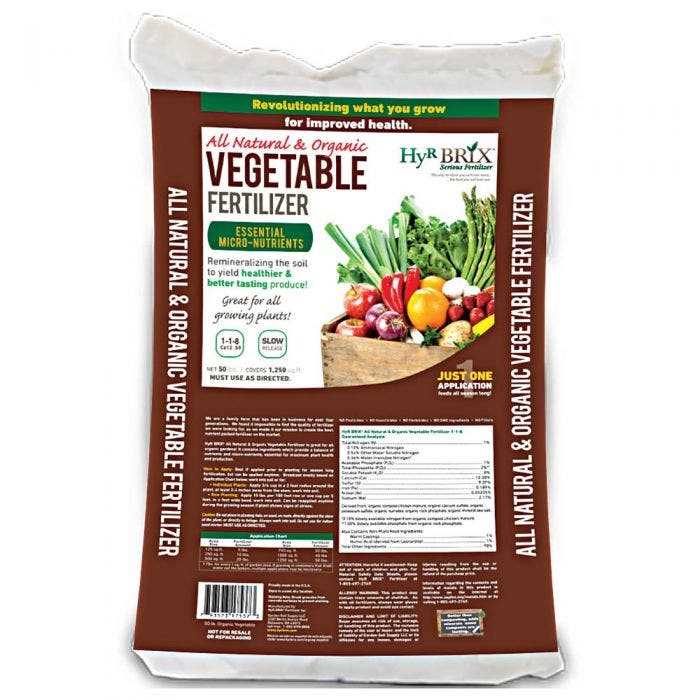
Wood ash is the residue left after burning hardwoods or softwoods. It contains nutrients like potassium, calcium, and magnesium, which are essential for plant growth. In addition, wood ash is alkaline in nature, making it an excellent choice for raising the pH of acidic soil.
How to use wood ash to boost soil pH?
Before applying wood ash to your garden, it’s important to test the pH of your soil. You can use a soil testing kit or send a sample to a local agricultural extension service. Once you know the current pH, you can determine how much wood ash to apply.
- Spread a thin layer of wood ash on the soil surface.
- Use a garden rake or hoe to mix the ash into the top few inches of soil.
- Water the area thoroughly to help the ash dissolve into the soil.
It’s essential to avoid applying excessive amounts of wood ash, as it can raise the pH too high, leading to nutrient imbalances. For most plants, a pH range of 6.0 to 7.0 is ideal. Adjust the amount of wood ash based on the recommendations from your soil test results.
Precautions when using wood ash
While wood ash can be a valuable soil amendment, there are a few precautions to consider:
- Do not use wood ash if your soil is already alkaline or has a high pH.
- Avoid using wood ash from treated wood, as it may contain harmful chemicals.
- Apply wood ash sparingly, as excessive use can lead to nutrient imbalances.
- Wear gloves and a mask when handling wood ash to protect your skin and lungs.
- Avoid applying wood ash near acid-loving plants like blueberries and azaleas.
Conclusion
Wood ash can be an effective and natural way to boost soil pH for optimal plant growth. By following proper precautions and conducting soil tests, you can ensure that you are using wood ash correctly and safely. Remember, moderation is key when it comes to adjusting soil pH.
Promoting Plant Growth with Boric Acid
Boric acid is a versatile compound that can be used to promote plant growth in various ways. It is a highly effective fertilizer that supplies plants with essential nutrients and helps them thrive. Here are some of the ways in which boric acid can be used to promote plant growth:
1. Supplying Essential Nutrients
Boric acid is a rich source of boron, an essential micronutrient for plant growth. Boron plays a crucial role in cell division, carbohydrate metabolism, and the development of reproductive structures. By supplying boron, boric acid helps plants produce healthy leaves, stems, flowers, and fruits.
2. Boosting Nutrient Absorption
Boric acid can enhance the absorption of other nutrients, such as calcium and magnesium, by plants. It improves the efficiency of nutrient uptake, ensuring that plants have access to all the necessary elements they need to grow and develop properly.
3. Preventing Nutrient Deficiencies
Without sufficient boron, plants can suffer from nutrient deficiencies, which can lead to stunted growth, yellowing leaves, and poor fruit development. By providing plants with boric acid, you can prevent these deficiencies and promote healthy plant growth.
4. Enhancing Flowering and Fruit Set
Boric acid has been shown to improve flowering and fruit set in many plants. It helps stimulate the production of plant hormones involved in these processes, resulting in increased flower and fruit production.
5. Controlling Fungal Diseases
Boric acid has antifungal properties and can be used to control fungal diseases in plants. It inhibits the growth of fungi and can be applied as a preventive measure or as a treatment for existing infections.
6. Improving Overall Plant Health
By providing plants with essential nutrients, improving nutrient absorption, and preventing nutrient deficiencies and fungal diseases, boric acid promotes overall plant health. Healthy plants are better equipped to resist pests, withstand environmental stress, and produce abundant yields.
To use boric acid as a fertilizer, mix it with water according to the recommended dosage for your specific plants. Apply the solution to the soil or spray it onto the leaves, depending on the plant’s needs. Remember to follow the instructions and avoid over-application, as excessive amounts of boric acid can be harmful to plants.
Combining Wood Ash and Boric Acid for Maximum Results
Wood ash and boric acid can be powerful additions to your vegetable garden, providing essential nutrients and improving overall soil health. By combining these two substances, you can achieve maximum results and boost your vegetable yields.
Understanding the Benefits of Wood Ash
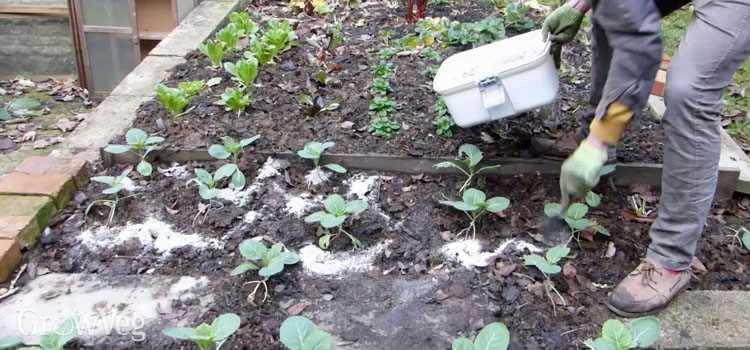
Wood ash is a byproduct of burning wood, and it contains valuable nutrients that can benefit your plants. Specifically, wood ash is rich in potassium, which promotes fruiting and flowering. It also contains calcium, magnesium, and trace minerals that are essential for plant growth.
In addition to its nutritional content, wood ash also helps to adjust soil pH. It is alkaline in nature, so it can be used to raise the pH of acidic soils. By increasing soil pH, wood ash creates a more favorable environment for plant roots and encourages nutrient availability.
Exploring the Benefits of Boric Acid
Boric acid is a naturally occurring compound that provides several benefits to plants. It is a good source of boron, which is a micronutrient required for proper plant growth. Boron plays a crucial role in cell wall formation, pollen germination, and fruit development.
In addition to its role as a micronutrient, boric acid also acts as a fungicide and insecticide. It helps to control fungal diseases in plants, such as powdery mildew, and repels pests like aphids and mites.
The Synergistic Effect of Wood Ash and Boric Acid
When wood ash and boric acid are combined, their individual benefits are enhanced, resulting in maximum results for your vegetable garden. The alkaline properties of wood ash help to release the boron in boric acid, making it more accessible to plants.
By providing plants with a balanced combination of nutrients, including potassium, calcium, magnesium, and boron, you are ensuring they have all the necessary elements for healthy growth and abundant yields. The use of wood ash and boric acid together can improve overall soil fertility, promote stronger root development, and increase resistance to pests and diseases.
Tips for Applying Wood Ash and Boric Acid
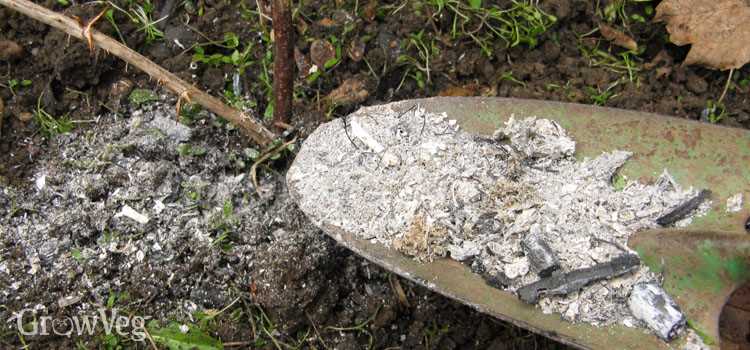
When applying wood ash and boric acid to your garden, it is important to follow a few guidelines:
- Test your soil pH before applying wood ash to ensure it is necessary. Too much wood ash can lead to excessively alkaline soil.
- Apply wood ash and boric acid evenly across your garden beds, taking care not to concentrate them in one area.
- Mix wood ash and boric acid into the soil to ensure proper distribution and to prevent nutrient leaching.
- Reapply wood ash and boric acid as necessary, taking into account the specific needs of your plants.
By following these tips, you can effectively combine wood ash and boric acid to maximize your vegetable yields and create a thriving garden.
Application Techniques for Wood Ash and Boric Acid
1. Wood Ash Application
To apply wood ash as a fertilizer, follow these steps:
- Test the soil pH: Before applying wood ash, it is important to test the pH level of the soil. Wood ash contains high levels of alkaline substances and can raise the soil pH. It is best to target neutral to slightly acidic soil conditions for most vegetables.
- Determine the appropriate amount: The amount of wood ash to apply depends on the pH level of the soil and the specific crop requirements. Generally, apply 20-30 pounds of wood ash per 1,000 square feet for each point you want to raise the pH.
- Spread the wood ash evenly: Use a rake or shovel to evenly distribute the wood ash over the soil surface. Avoid piling it up or applying excessive amounts in one spot, as this can lead to uneven distribution and potential damage to plants.
- Work the wood ash into the soil: After spreading the wood ash, gently work it into the top few inches of the soil using a garden tiller or a hand tool. This will help incorporate the ash into the root zone and improve its effectiveness.
- Water the area: After incorporating the wood ash into the soil, water the area thoroughly to help activate the nutrients and prevent them from leaching away.
2. Boric Acid Application
To apply boric acid as a fertilizer, follow these steps:
- Test the soil nutrient levels: Before applying boric acid, it is important to test the soil for nutrient deficiencies. Boric acid is primarily used as a micronutrient fertilizer to correct boron deficiencies.
- Determine the appropriate amount: The amount of boric acid to apply depends on the nutrient deficiency and the specific crop requirements. Follow the recommended application rates provided by soil testing laboratories or agricultural extension services.
- Apply boric acid directly to the soil: Spread the boric acid evenly over the soil surface, avoiding direct contact with the leaves or stems of the plants. Use a garden spreader or your hands to ensure even coverage.
- Water the area: After applying boric acid, water the area thoroughly to help dissolve the granules and activate the nutrient uptake by the plants.
Precautions
1. Safety measures: When handling wood ash or boric acid, it is important to wear protective gloves and a dust mask to avoid skin and respiratory irritation. Keep the products out of reach of children and pets.
2. Avoid excessive application: Over-application of wood ash or boric acid can lead to nutrient imbalances and potential harm to plants. Always follow the recommended application rates and consult with local agricultural experts for specific guidelines.
3. Regular soil testing: To ensure the correct application of wood ash and boric acid, regular soil testing is recommended. This will help determine the nutrient levels and pH balance in the soil, allowing for precise fertilizer application.
4. Environmental impact: Be mindful of the potential environmental impact of using wood ash and boric acid. Avoid excessive runoff into water bodies and follow local regulations for safe and responsible fertilizer use.
By following these application techniques and precautions, you can make the most of wood ash and boric acid as fertilizers to boost vegetable yields and promote healthy plant growth.
“Question-Answer”
What are some advantages of using wood ash as a fertilizer?
Using wood ash as a fertilizer has several advantages. Firstly, it is a natural source of potassium, which is essential for plant growth. Additionally, it can help to raise the pH of acidic soils, making them more suitable for plant growth. Wood ash also contains trace minerals that are beneficial for plant health.
How do you apply wood ash to the soil?
To apply wood ash to the soil, you can simply spread it evenly over the area and then incorporate it into the top few inches of soil. It is important to avoid applying too much wood ash, as excessive amounts can raise the pH of the soil to unfavorable levels. It is recommended to perform a soil test to determine the appropriate amount of wood ash to use.
Can wood ash be used as a fertilizer for all types of vegetables?
Wood ash can be used as a fertilizer for most types of vegetables. However, it is important to note that some vegetables prefer more acidic soil conditions, so wood ash should be used cautiously on those crops. Examples of vegetables that generally benefit from wood ash include tomatoes, peppers, and brassicas.
What is the role of boric acid in this fertilizer?
Boric acid is included in this fertilizer as a source of boron, which is an essential micronutrient for plant growth. Boron is involved in several biochemical processes that are crucial for the development of healthy plants. The addition of boric acid helps to ensure that plants have an adequate supply of this micronutrient.
Can the use of wood ash and boric acid as a fertilizer harm the soil or plants?
When used correctly and in moderation, the use of wood ash and boric acid as a fertilizer should not harm the soil or plants. However, excessive use of wood ash can raise the pH of the soil too much, making it less suitable for plant growth. It is always recommended to perform a soil test and follow the appropriate guidelines for application.
Are there any alternative natural fertilizers that can boost vegetable yields?
Yes, there are several alternative natural fertilizers that can boost vegetable yields. Some examples include compost, manure, bone meal, and seaweed extract. These fertilizers provide a range of nutrients that can help to promote healthy plant growth. It is important to select a fertilizer that is suitable for the specific needs of your vegetables.
